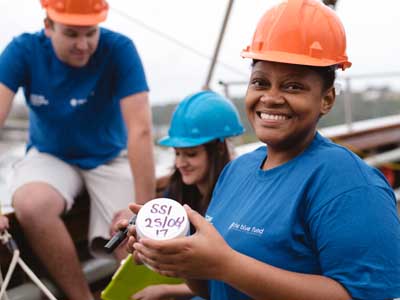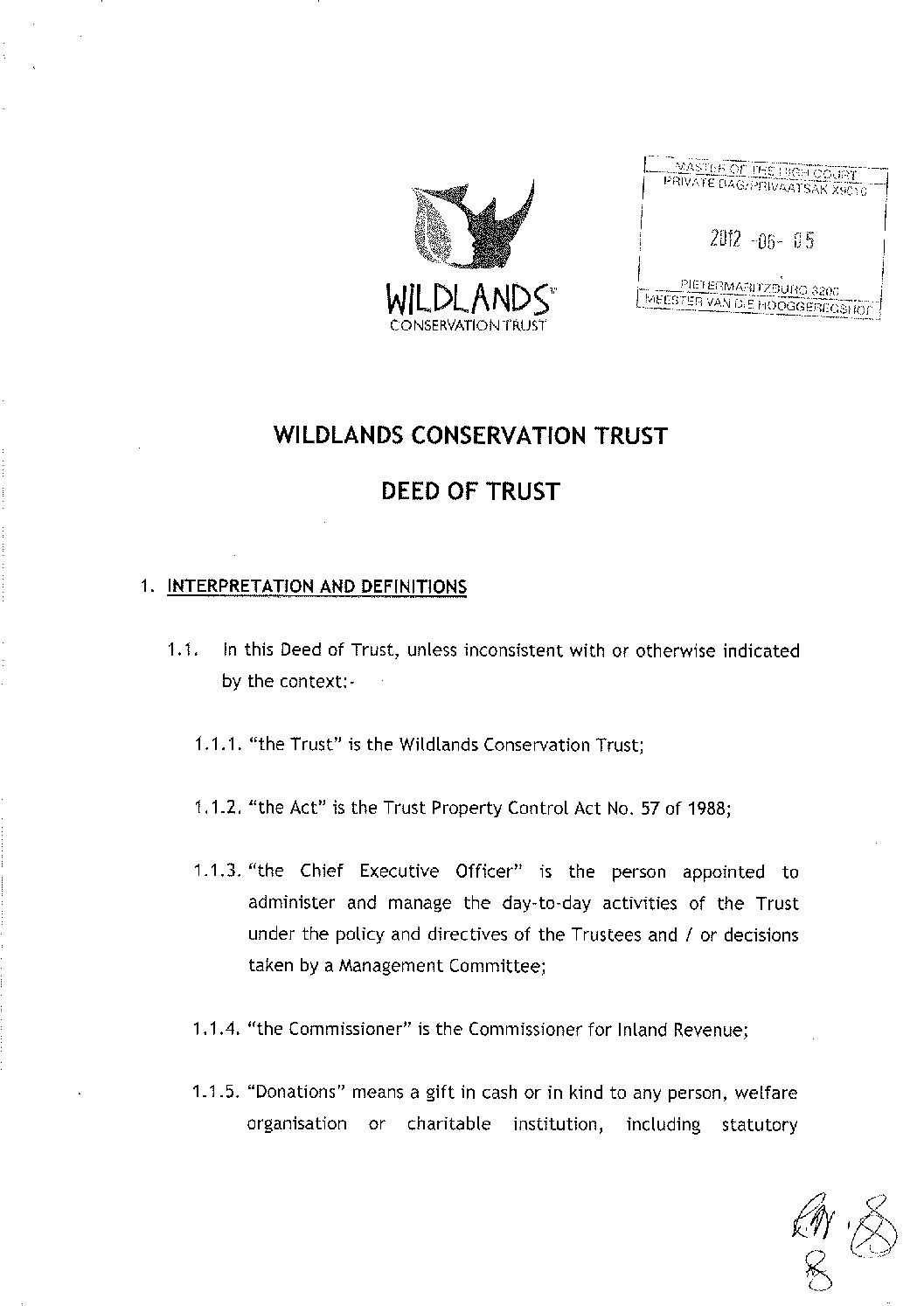At the Cape Town branch of funky Italian pizzeria Col’Cacchio pizzeria yesterday, Celebrity Chefs Justin Bonello, Bertus Basson and Neil Jewell fired up the pizza ovens for the launch of the restaurants Celebrity Chef Series. KZN-based NGO, the Wildlands Conservation Trust was selected by the restaurant chain as the beneficiary of the Series. The extremely popular Col’Cacchio pizzeria Celebrity Chef Series will run from May until the end of August 2011.
Col’Cacchio pizzeria has put together a line-up of four of South Africa’s top chefs for this third annual gourmet charity challenge with one pizza masterpiece to be added to the menu on a monthly basis. With every celebrity pizza sold, R5 will be donated to the Sustainable Communities Programme run by the Wildlands Conservation Trust.
The Sustainable Communities Programme creates opportunities for individuals with entrepreneurial spirit in underprivileged communities and, in turn, develops green, vibrant and sustainable communities. These ‘tree-preneurs’ are shown how to plant and grow indigenous trees from seed and care for them until they reach a certain height. The trees are then traded back to Wildlands for items such as food, clothes, bicycles, building materials and school and university fees. Wildlands then plants the trees back into these communities or in forest restoration projects. To date the programme has developed 3500 tree-preneurs across 23 communities.
Project Manager for the Wildlands Western Cape Sustainable Communities projects, Lesley Joemat joined in the festivities with three of her tree-preneurs form Eerste Rivier outside Stellenbosch. Nelin Laban (15) and Clinton Visagie (12), together with their mom Katriena Visagie have grown 300 trees so far. “This has been really good for the boys,” Lesley said after the event, “when they arrived they were very shy and intimidated by the whole experience but by the end of the day they were laughing and really enjoying the pizza’s. They couldn’t stop talking about it when they got home. I’m sure they’ll be the centre of attention at school today!”
“These kinds of experiences are so important for the ‘tree-preneurs’ said national Programme Manager, Charmaine Veldman, “it might be an everyday experience for you or me but for these boys it’s something they might never have imagined doing and it makes them feel special.”
Col’cacchio pizzeria Director, Kinga Baranowska, commented: “We really hope to raise an impressive amount of money to go towards creating greener, sustainable communities and developing more successful tree-preneurs like Nelin and Clinton.”
The Chefs and their Pizzas
Bertus Basson kicks of the Series in May and is the famed chef from Eat Out Top 10 Restaurant, Overture in Stellenbosch. His creative and fresh cooking seems to be out to disprove the Overture motto, “perfection is often strived for but never achieved”. His May creation is called Jou ma se spicy pizza and sees the famed Col’cacchio pizzeria thin base topped with Cape Malay chicken strips, red chilli, feta, a green yoghurt drizzle and crushed poppadoms.
Justin Bonello, the bush cook extraordinaire and self-described “average Joe with a passion for life, love, food and my friends” takes the helm in June with his vegetarian gourmet pizza, The greengenie. It is served on a wholewheat base and contains grated Grana Padano parmesan, roasted garlic, beetroot and butternut, sautéed shitake mushrooms, Danish Feta, rocket and a mixture of pine nuts, pumpkin, sunflower and sesame seeds. Topped with avocado and a drizzle of balsamic glaze.
Marthinus Ferreira’s creative dishes saw DW Eleven-13 earn the fifth spot on Eat Out’s celebrated list of the Top 10 Restaurants of 2010. His seafood creation for July is Prawn Starr: prawns coated in chilli, garlic and fresh lemon with roasted cherry tomatoes and fresh basil leaves. Topped with rocket and sour cream.
Neil Jewell is renowned as the (self taught) master of charcuterie at the award-winning Bread & Wine in Franschhoek. He has created a wintry culinary delight for August called Sticky Fingers: a lentil base topped with roasted pork belly, smoked mozzarella and tomato marmalade. Finished off with lime and vanilla pickled cucumber and a chilli candy.
At the end of the Series, Col’Cacchio pizzeria will have a look at which of the masterpieces proved most popular and contemplate adding them to their regular menu.
Visit any of the 17 (soon to be 18) Col’Cacchio pizzeria stores across South Africa from May to August 2011 to eat pizza for charity and taste what each Celebrity Chef is bringing to the table. [For all our KZN Supporters make sure you visit the Gateway Col’Cacchio Pizzeria and try all the Celebrity Chef Pizza’s]
Picture Caption: Celebrity Chef Justin Bonello with Project Manager for the Wildlands Western Cape Sustainable Communities projects, Lesley Joemat and ‘tree-preneurs’ Nelin Laban (left) and Clinton Visagie (right) at the launch of the Col’Cacchio pizzeria Celebrity Chef Series in Cape Town yesterday.
For a review of the launch by Cape Town blogger Matt Allison on his blog ‘I’m no Jamie Oliver’ Click here






